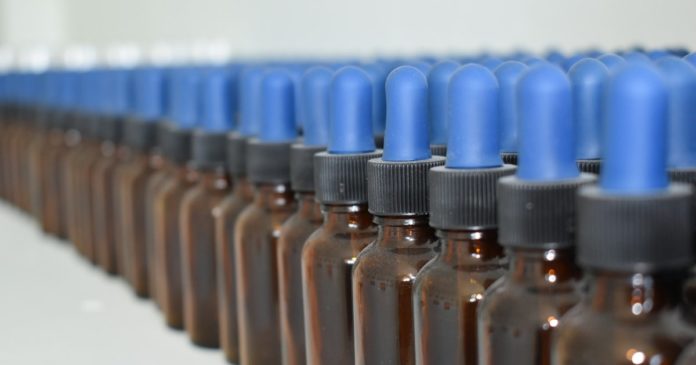Recent testing carried out by the FDA on cannabis products shows there’s still a lot to be desired in product quality control.
The FDA has been undertaking a more extensive CBD product sampling effort this year to help it fill gaps in knowledge and to respond to a direction from Congress to determine prevalence of mislabeled or adulterated products in the current CBD marketplace.
The FDA first generated a list of 500 marketed CBD and hemp products. From that list, which included products where CBD wasn’t mentioned, 200 products were purchased across a number of categories – tincture/oil, capsule/powder, gummy, other edibles and pet products (tinctures, oils and drops).
Testing for cannabinoids was completed on 147 of the products purchased. The 11 cannabinoids tested for were CBC, CBD, CBDA, cannabidivarin (CBDV), CBG, CBGA, CBN, THC, ∆8-tetrahydrocannabinol (∆8-THC), THC, THCA and tetrahydrocannabivarin (THCV).
Of the products, two mentioning CBD on the label didn’t have any all. Where products indicated a specific amount of CBD (102 products):
- 18 contained less than 80% of the amount of CBD indicated,
- 46 products were within 20 percent of the amount indicated,
- 38 products contained more than 120 percent of the amount of CBD indicated.
Additionally, 72 products were found to contain THC or THCA at concentrations above the limit of quantitation (LOQ). This is a term used to describe the smallest concentration of a compound that can be reliably measured.
The above was part of a “Near-Term Sampling Plan” and the FDA also has a Long-Term Sampling Plan it expects to be initiated this year, which will be conducted by a third party.
The FDA’s report to Congress, which can be viewed here (hat-tip to HempSupporter), also contains results from testing in previous years.
The USA is still awaiting a regulatory framework for CBD – but this won’t happen until the FDA has enough data to rule on its safety. The drawn-out nature of the process is causing problems for the nation’s hemp sector and creating confusion in consumers. But while the FDA has come under increasing pressure from some corners of Congress to get a wriggle on, it recently found support from four major U.S consumer groups that said it should have all the time it needs.


